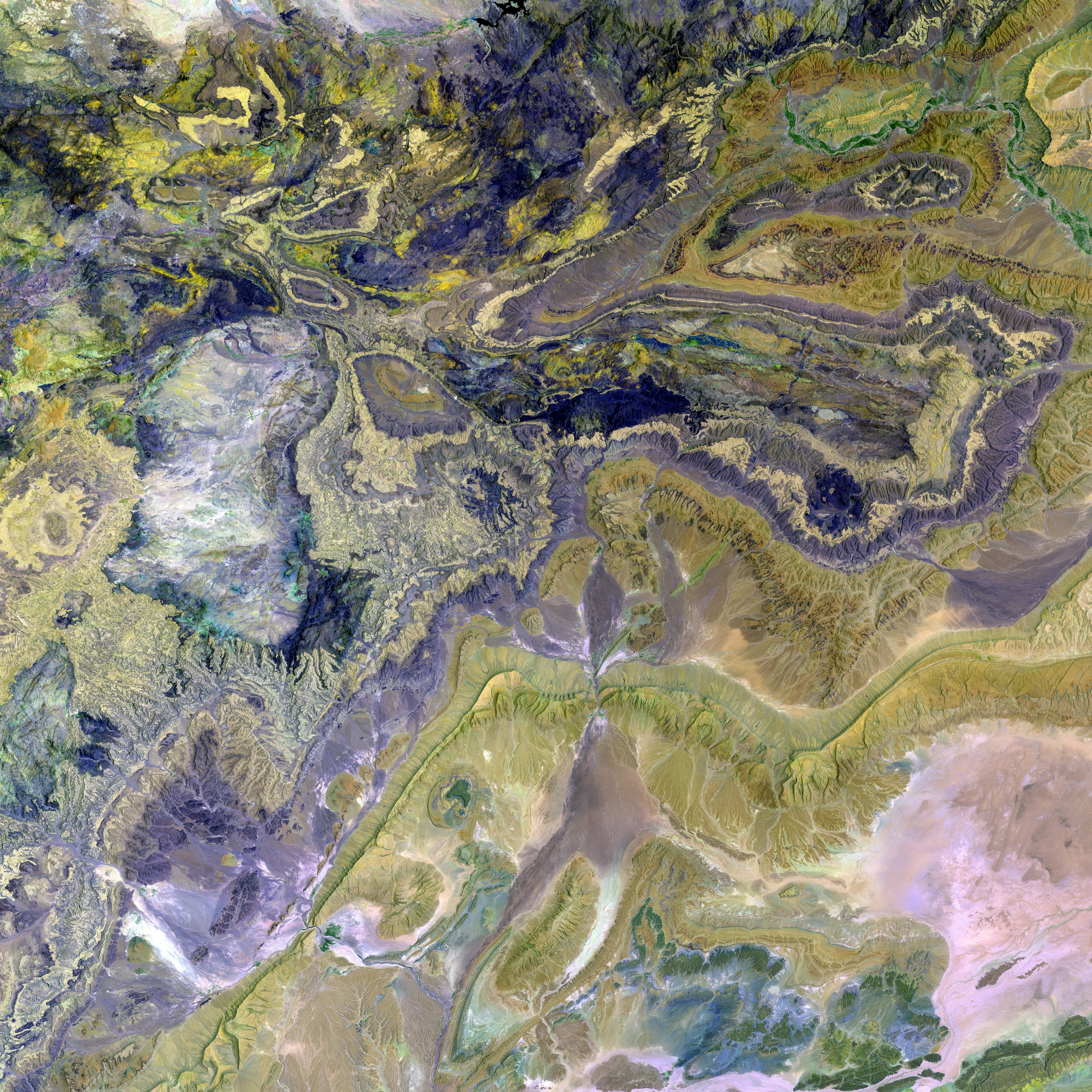Musicians Paul Weller and Primal Scream join forces to endorse an open letter backing the controversial rap group
Paul Weller, Primal Scream, and DJ Annie Mac, alongside a host of other renowned musicians, have rallied in support of controversial Irish-language rap group Kneecap.
Facing criticism and backlash for their politically-charged performances, Kneecap, a Belfast-based trio, has sparked debates surrounding artistic freedom, political censorship, and the role of politicians in influencing festival lineups.
Some months back, the group's performance at US festival Coachella saw them display a message advocating for the liberation of Palestine. This action, combined with the emergence of videos showing one of the group members apparently shouting support for Hamas and Hezbollah, has set off a wave of controversy and condemnation.
Footage from a gig at London's Kentish Town Forum in November 2023 also surfaced, with one member appearing to say, "The only good Tory is a dead Tory. Kill your local MP." These statements called forth a call for prosecution from conservative leader Kemi Badenoch, and mounting pressure to disqualify Kneecap from this year's Glastonbury Festival lineup.
A cancellation of several gigs followed, including the one planned for Cornwall's Eden Project. However, in an open letter, Kneecap's record label, Heavenly Recordings, condemned this attempt to deplatform the group, citing the significance of artistic freedom in a democratic society.
Over 40 music acts, including Annie Mac, Beoga, Bicep, Biig Piig, Jelani Blackman, John Francis Flynn, Martyn Ware, Paul Weller, Peter Perrett, Primal Scream, Shirley Manson, and Toddla T, have signed the letter expressing opposition to any political repression of creative expression and accusing politicians of manufacturing outrage while remaining silent on the ongoing violence in Gaza.
In a statement, the group acknowledged their unintentional hurt inflicted on the families of murdered MPs, Sir David Amess and Jo Cox, and denied any intention of incite violence against any MP or individual. They emphasized that their music embodies messages of love, inclusivity, and hope.
The backlash against Kneecap has sparked discourse on protecting artistic freedom in a democracy, the power of politicians to control festival lineups, and the broader implications of censorship on artistic expression. It serves as a reminder that the lines between art, politics, and public opinion are increasingly blurred in today's world, a context in which the role of free-thinking and creative individuals is more crucial than ever.
[1] Mikael Wood, "Kneecap's performance at Coachella draws accusations of anti-Semitism", Los Angeles Times, April 17, 2023.
[2] Jack Cator, "Why are Kneecap controversial?", NME, April 25, 2023.
[3] Kim Keyes, "Kneecap remarks 'dangerous' says Sir David Amess's daughter", Sky News, April 26, 2023.
[4] Fintan O'Toole, "This angry young band from Belfast is overflowing with energy – but is it fear that fuels them?", The Irish Times, February 1, 2020.
- The controversy surrounding Kneecap, a Belfast-based rap group, has escalated following their politically charged performance at Coachella, where they advocated for the liberation of Palestine.
- Amid the recent surface of videos showing a Kneecap member apparently supporting Hamas and Hezbollah, and controversies over their politically charged lyrics, some politicians are advocating for the group's disqualification from music festivals, like Glastonbury.
- Kneecap's record label, Heavenly Recordings, has issued an open letter in support of the group, expressing opposition to any political repression of creative expression and accusing politicians of manufacturing outrage while remaining silent on ongoing conflicts, like the violence in Gaza.
- Alongside notable musicians like Primal Scream, Paul Weller, and DJ Annie Mac, over 40 acts have signed the letter, denouncing any attempts to deplatform Kneecap and emphasizing the importance of artistic freedom in a democratic society.
- The backlash against Kneecap highlights the increasingly blurred lines between art, politics, and public opinion, indicating the significance of free-thinking and creative individuals in a world where censorship and political influences on entertainment are widely discussed.








